Indonesia has denied reports that Russia is seeking to station military aircraft in its easternmost province. But this may not be the end of the matter given Russia's interests in the region.
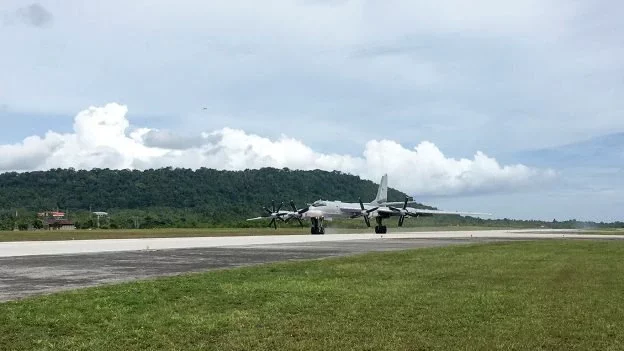
On April 14, the defense website IHS Janes reported that Russia is seeking permission from Indonesia to station several long range aircraft of the Russian Aerospace Forces (VKS) at the Manuhua Air Force Base on Biak island in the Indonesian province of West Papua. The news broke just as Russia's Deputy Prime Minister Denis Manturov arrived in Indonesia on April 15 on an official visit, where he was welcomed by President Prabowo Subianto.
Unsurprisingly, the report came as a shock to the Australian government, which has sided with Kyiv in the Russia-Ukraine war. Western countries - including Australia - have imposed sanctions on VKS, the air and space branch of the Russian armed forces, for its participation in the invasion of Ukraine. Reportedly, the Indonesian defense minister has since assured his Australian counterpart that there is no prospect of Russian military aircraft operating from Indonesia.
Other countries in Southeast Asia were probably less surprised but more intrigued by the report. Some of Indonesia's neighbors have historical ties with Russia, and several Southeast Asian states have recently joined (Indonesia) or become partners (Malaysia and Thailand) of the BRICS grouping, of which Russia is a founding member. Except for Singapore, which has imposed sanctions on Russia, and the Philippines, which was alarmed by the apparent presence of a Russian submarine in its exclusive economic zone (EEZ) in December, Southeast Asian countries have maintained normal relations with Moscow despite the Russian invasion of Ukraine.
As a regional bloc, the Association of Southeast Asian Nations (ASEAN) maintains normal diplomatic relations with Moscow. Its most recent major engagement was the 23rd ASEAN-Russia Joint Cooperation Committee on April 11, where both sides discussed strengthening the ASEAN-Russia Strategic Partnership. Specifically on military matters, Russia continues to be a member of the ASEAN Defense Ministers' Meeting Plus, in which it currently co-chairs the Experts Working Group on Humanitarian Mine Action with Laos for the period of 2024-2027.
Strategically, Russia has long had interests in the Indo-Pacific, including in Southeast Asia. And these interests largely predate and extend beyond the strategic calculations that Moscow has made in response to Western sanctions.
In short, Russia sees itself as a great power with the same geopolitical standing as China and the United States. Given the importance of the Indo-Pacific theater, and the fact that Russia has a presence in the northern Pacific, it is expected that Russia wants to project some magnitude of diplomatic and military presence in the region, even if this is more symbolic and less substantive than the Americans and Chinese.
For example, Russia and ASEAN conducted their first naval exercise (ARNEX) in December 2021 in the Malacca Strait after ASEAN held similar exercises with the U.S. in 2019 and with China in 2018. Russia and Indonesia then held their first bilateral naval exercise in the Java Sea in November 2024.
The timing of Russia's purported request to station military aircraft in West Papua seems opportune, as Moscow might have built more political goodwill with Jakarta. In January of this year, Indonesia became the first ASEAN country officially to join BRICS. The visit of Russia's security chief Sergei Shoigu to Indonesia in February boosted bilateral relations in defense cooperation specifically, following Prabowo's meeting with Russian President Vladimir Putin in July 2024.
Indonesia is keen to pursue closer economic ties with Russia. It is particularly eager to attract Russian investments in strategic sectors such as energy and mining and in Indonesia's sovereign wealth fund Danantara. Good ties with Moscow also appear to be part of Prabowo's strategy to make Indonesia an active, albeit non-aligned, middle power, and as a means of balancing relations with China and the United States as the competition between the great powers intensifies. The timing is serendipitous for Indonesia given that the Trump administration also seems keen to improve relations with Russia.
Given these developments, Russia might feel that the time is ripe for it to enhance its presence in the region by leveraging its historical relations with Indonesia and the goodwill that has been generated by recent diplomatic engagements.
Russia has long had an interest in Papua. In 2017, it was reported that Russian strategic bombers flew to the Manuhua Air Force Base for a military exercise with Indonesia. West Papua could be a useful node for Russia's intelligence collection in the Indo-Pacific. Biak island is about 2,000 kilometers from the U.S. territory of Guam and about 2,500 kilometers from the South China Sea, where China has become increasingly assertive. It is also next to Papua New Guinea, which Australia, China, and the U.S. regard as strategically important, and some 1,300 kilometers from Darwin, Australia, which hosts a rotational force of U.S. Marines.
Furthermore, as far back as 2006, Russia formulated plans to cooperate with Indonesia to build a satellite launch site at Biak island. This plan arose from the "Declaration of the Framework for Friendship and Partnership Relations between the Republic of Indonesia and the Russian Federation in the 21st Century" that was signed in 2003.
West Papua is well suited for space activity: It is an area far from busy commercial flight routes and close to the equator, where satellite launches require less rocket fuel. It is possible that Russia still harbors this plan given that the war in Ukraine and China-U.S. competition have magnified the importance of satellite technologies.
What is perhaps less certain is whether Russia's military presence in West Papua, if it ever eventuates, could be useful to Prabowo's plans to boost security forces in the area. It is possible that the Indonesian president perceives Western interference in aiding the separatist movement in West Papua as a real threat. On this front, it was Russian (Soviet) forces that assisted Indonesia during Operation Trikora in 1961, in which it wrested control of West Papua from the Dutch.
Nonetheless, the Australian government and other countries in Southeast Asia should feel some assurance after the Indonesian Ministry of Foreign Affairs stated firmly on April 16 that "Indonesia has never given any country permission to build or possess a military base on its territory."
However, this might not provide the full closure that Indonesia wants. Australian politicians and officials suspicious of Russia likely believe that the Russian military will continue attempting to strike a deal with Indonesia. And U.S. forces in the Indo-Pacific will be watching how this development fits with the growing China-Russia-North Korea triangle, which they perceive as a security threat to the region.

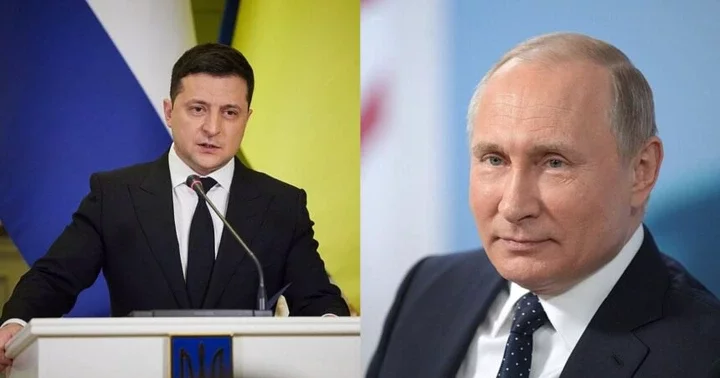
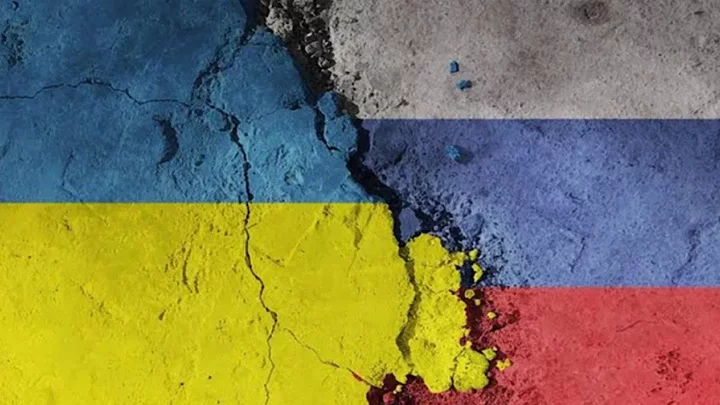
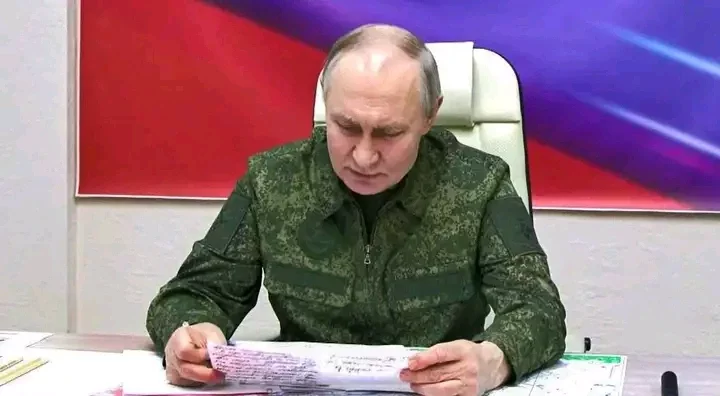
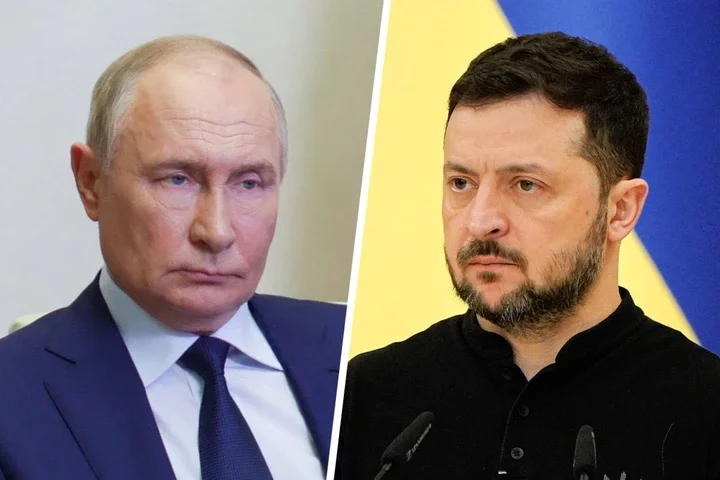
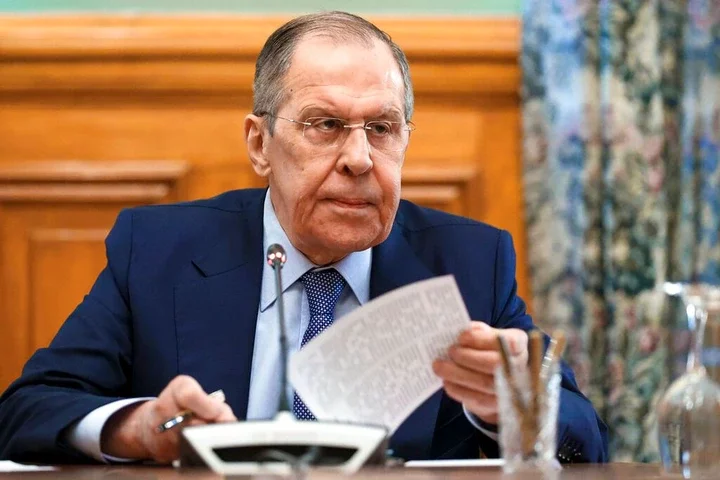

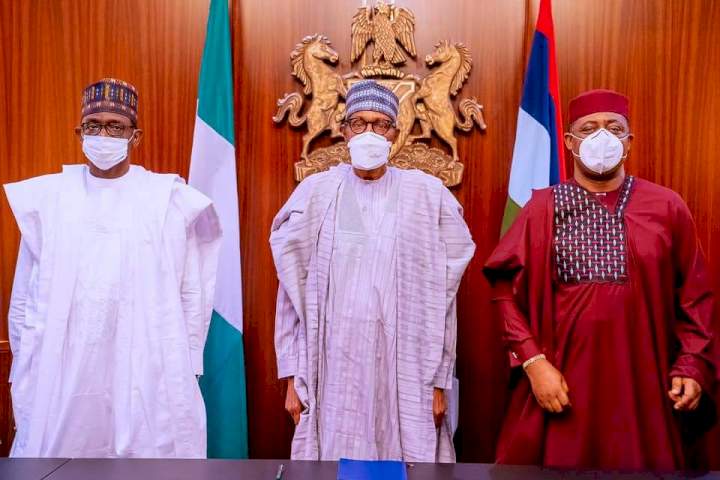

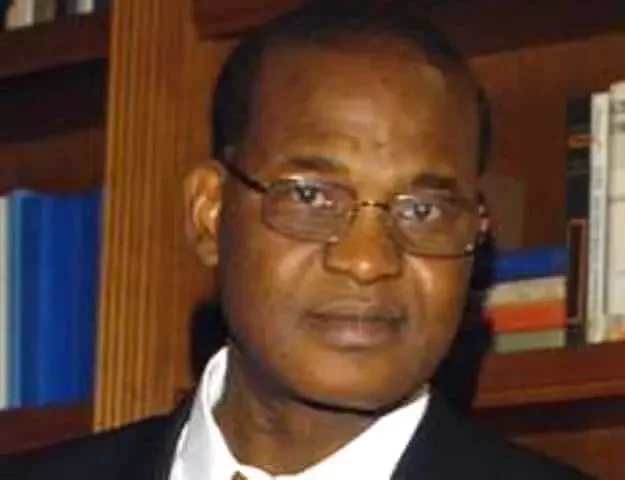
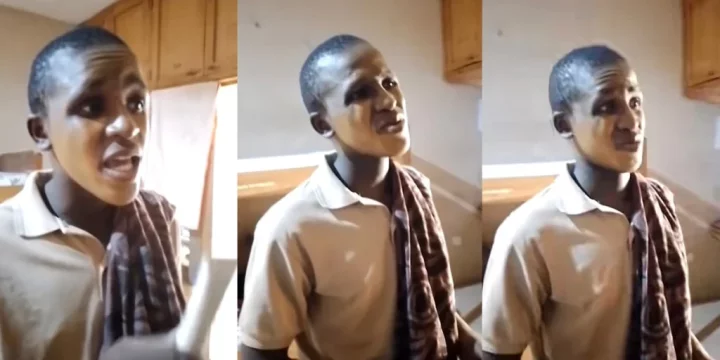
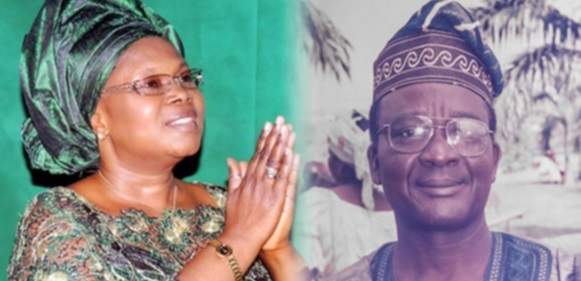


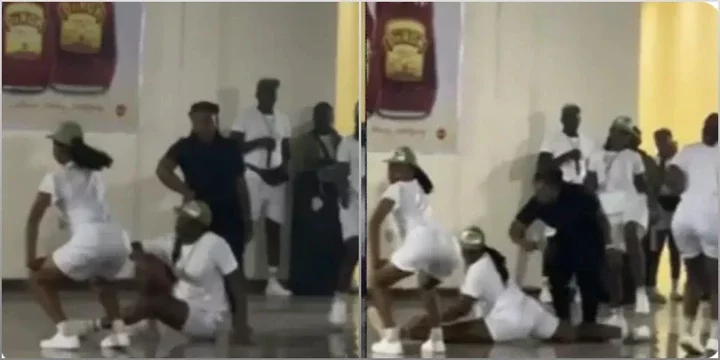


Comments